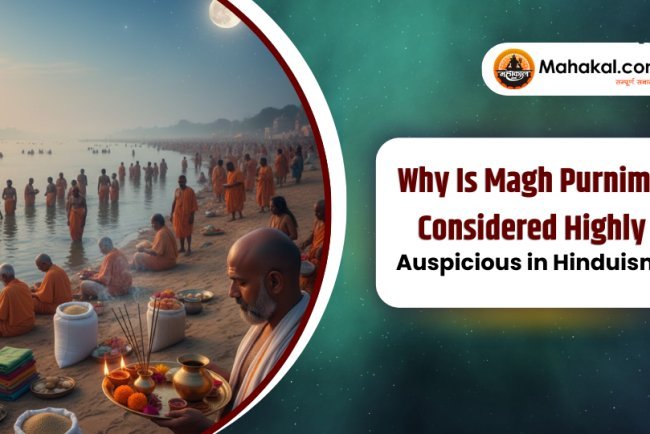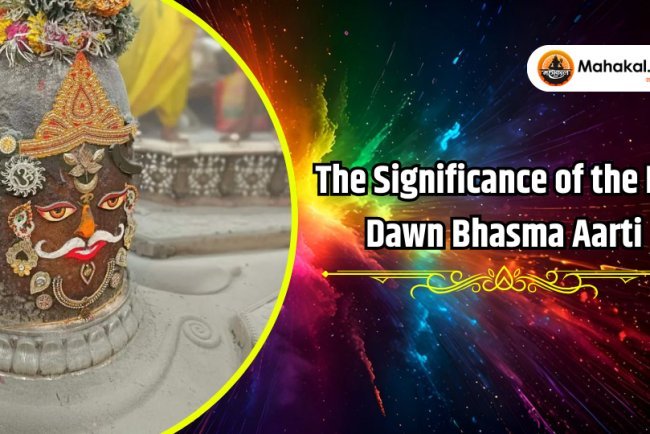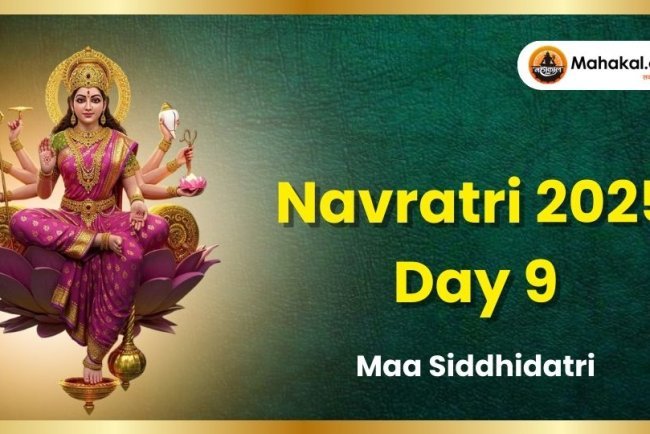Dussehra: The Triumph of Good over Evil
Dussehra celebrates the triumph of good over evil with vibrant rituals, Ramlila, and the burning of Ravana’s effigies across India.

Dussehra, also known as Vijayadashami, is one of the most celebrated festivals in India. It marks the victory of truth, righteousness, and virtue, symbolizing the eternal triumph of good over evil. Celebrated with grandeur across the country, the festival holds deep cultural, spiritual, and moral significance.
Historical and Mythological Significance
Dussehra is linked to two great epics of India:
-
The Ramayana: It commemorates Lord Rama’s victory over the demon king Ravana, who had abducted Sita. Effigies of Ravana, Meghnath, and Kumbhakarna are burned on this day, signifying the destruction of evil.
-
The Mahabharata: It is also believed that on this day, the Pandavas retrieved their weapons hidden during exile and worshiped them, marking the day as auspicious for valor and justice.
Rituals and Celebrations
The celebrations of Dussehra vary by region:
-
In North India, grand Ramlila performances recount episodes from the Ramayana, culminating with the burning of massive Ravana effigies.
-
In West Bengal, Dussehra coincides with the conclusion of Durga Puja, where Goddess Durga's idol is immersed in rivers, symbolizing her return to Mount Kailash.
-
In South India, Navaratri Golu displays and worship of tools, weapons, and arts are common, highlighting respect for knowledge as well as power.
-
In Karnataka, the royal city of Mysuru hosts the grand Mysore Dasara with processions, cultural shows, and a beautifully decorated Chamundeshwari idol.
Cultural Importance
Beyond its religious roots, Dussehra conveys eternal human values:
-
Victory of good over evil
-
Power of truth and justice
-
Respect for courage, wisdom, and righteousness
It also unites communities as people attend fairs, processions, and cultural performances.
Modern-Day Relevance
In today’s world, Dussehra reminds us to conquer the negativity within ourselves—anger, ego, greed, and hatred. The festival inspires individuals to embrace virtues like patience, kindness, fairness, and compassion, leading to a more harmonious society.
Dussehra is not just a religious observance but also a moral compass that guides people towards righteousness. Whether through the story of Ramayana or the worship of Goddess Durga, the message remains timeless: good will always triumph over evil.
What's Your Reaction?















